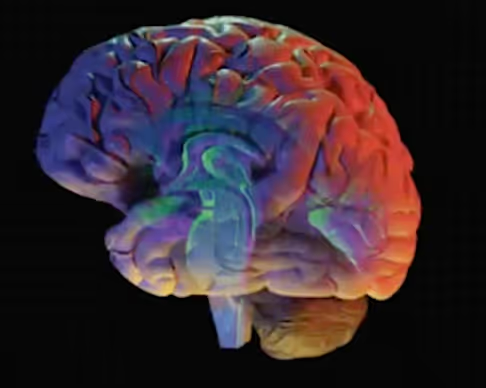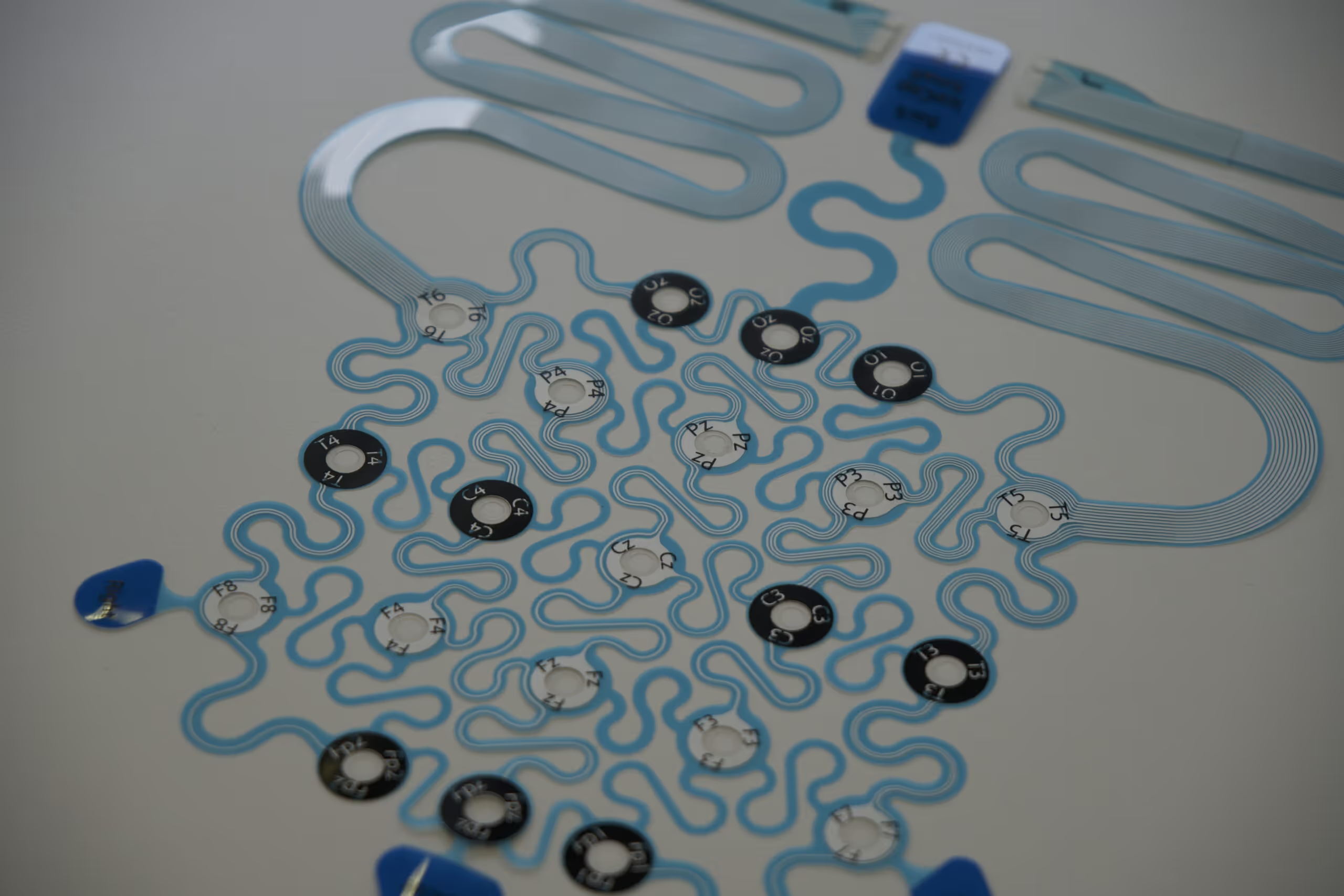Learning Objectives:
- Review definition and pathophysiologic mechanisms of the Epileptic Heart
- Analyze clinical evidence of cardiac injury in chronic epilepsy
- Discuss rationale for syndromic approach to the Epileptic Heart
- Illustrate value of standard and specialized EKG measures
- Discuss implications for clinical practice
About the Author
About the Presenter

Dr. Trudy Pang
Dr. Trudy Pang is an Assistant Professor of Neurology at Harvard Medical School and Director of the Clinical Neurophysiology and Adult Epilepsy Fellowship at Beth Israel Deaconess Medical Center. She is also Director of the comprehensive Women’s Health in Epilepsy Program, a collaborative effort across Boston medical institutions to address the special needs of women with epilepsy. Dr. Pang earned her medical degree at Michael G. DeGroote School of Medicine and specializes in the investigation and treatment of epilepsy and status epilepticus. Her clinical research includes work on T-wave alternans in patients with established or new onset epilepsy and the effects of anti-epileptic drugs and seizures on markers of sudden death in patients with epilepsy. She has published more than 20 peer-reviewed clinical papers related to epilepsy in renowned publications such as Experimental Neurology, Clinical Neurophysiology, and Seizure: European Journal of Epilepsy.
Dr. Richard Verrier has investigated sudden cardiac death for more than three decades, having published over 300 original articles. He is inventor of 12 licensed patents for diagnosis and treatment of heart rhythm abnormalities and prediction of sudden cardiac death. During the past six years, he has focused attention on the cardiac effects of epilepsy in close collaboration with Professor Steven Schachter, a pioneer in VNS therapy and past president of AES. Their joint publications in Epilepsia and Epilepsy & Behavior have broken new ground in the study of patients with epilepsy.





%201.svg)